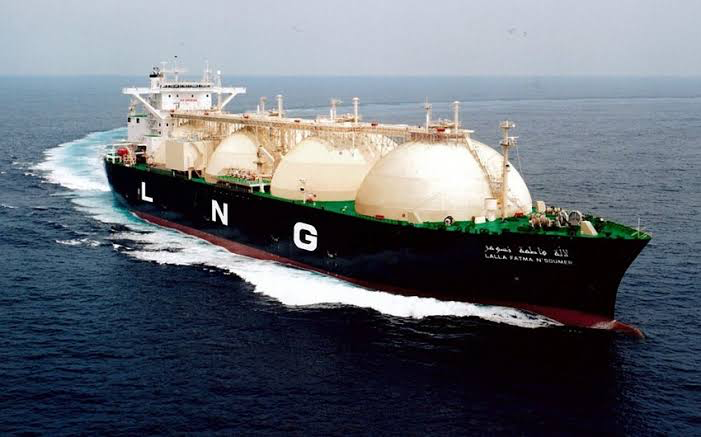Qatar, the world’s top exporter of liquefied natural gas (LNG), has unveiled a new plan to boost its output from the massive North Field, the largest natural gas field on the planet. The Gulf state says it will add 16 million tonnes per year (mtpa) of LNG to its existing expansion projects, bringing its total capacity to 142 mtpa by the end of the decade.
Why Qatar is betting big on gas
Qatar’s energy minister and CEO of QatarEnergy, Saad al-Kaabi, said the decision was based on recent studies that showed the North Field contains an additional 240 trillion cubic feet of gas, raising Qatar’s reserves from 1,760 to more than 2,000 trillion cubic feet. He said the new expansion, named North Field West, will enable Qatar to meet the growing demand for gas in Asia and Europe, as well as to compete with other major producers such as the United States, Australia and Russia.
“Gas is the future of energy and we are the leaders of that future,” Kaabi said at a press conference in Doha on Sunday. He added that Qatar will invest billions of dollars in the project, which will require the construction of two new LNG trains, in addition to the six already underway for the previous expansions.
Qatar’s gas ambitions are not new. The country has been developing the North Field, which it shares with Iran, since the 1990s, and has become the world’s largest LNG supplier, with a market share of about 25%. Qatar has also signed long-term supply contracts with several countries, including China, India, France, Britain and Italy, and has diversified its export routes by using flexible LNG carriers that can access different ports.
How Qatar’s gas boom will impact the global market
Qatar’s gas boom will have significant implications for the global energy market, especially as the world transitions to cleaner sources of power. Gas is seen as a bridge fuel that can help reduce greenhouse gas emissions by replacing coal and oil in electricity generation and industry. Gas also offers a reliable backup for intermittent renewable sources such as solar and wind.
According to the International Energy Agency (IEA), global gas demand is expected to grow by 30% by 2040, driven by strong growth in Asia, particularly China and India, where gas consumption is projected to more than triple and double, respectively. The IEA also forecasts that LNG will account for more than half of the global gas trade by 2040, up from about 40% today.
Qatar’s gas expansion will help meet this rising demand and also put pressure on other producers to lower their costs and prices. Qatar has a competitive advantage in the LNG market, as it has low production costs, large economies of scale, and long-term relationships with customers. Qatar can also leverage its geopolitical influence and strategic partnerships, such as the Gulf Cooperation Council (GCC) and the Organization of the Petroleum Exporting Countries (OPEC), to secure its market share and position.
Qatar’s gas boom will also have positive effects on its economy and society, as it will generate more revenues, create more jobs, and support more development projects. Qatar, which has a population of about 2.8 million people, has the highest per capita income in the world, thanks to its hydrocarbon wealth. The country has also invested heavily in infrastructure, education, health, and sports, and has hosted major events such as the 2006 Asian Games and the 2022 FIFA World Cup.
Qatar’s gas boom is a testament to its vision and resilience, as it has overcome the challenges posed by the Covid-19 pandemic and the blockade imposed by its neighbors Saudi Arabia, the United Arab Emirates, Bahrain and Egypt since 2017.
Qatar’s gas boom is not only a boon for itself, but also for the world, as it will provide a cleaner and cheaper source of energy that can help power the global economy and fight climate change. Qatar is not only a gas giant, but also a global leader in the energy transition.
Source: Reuters



